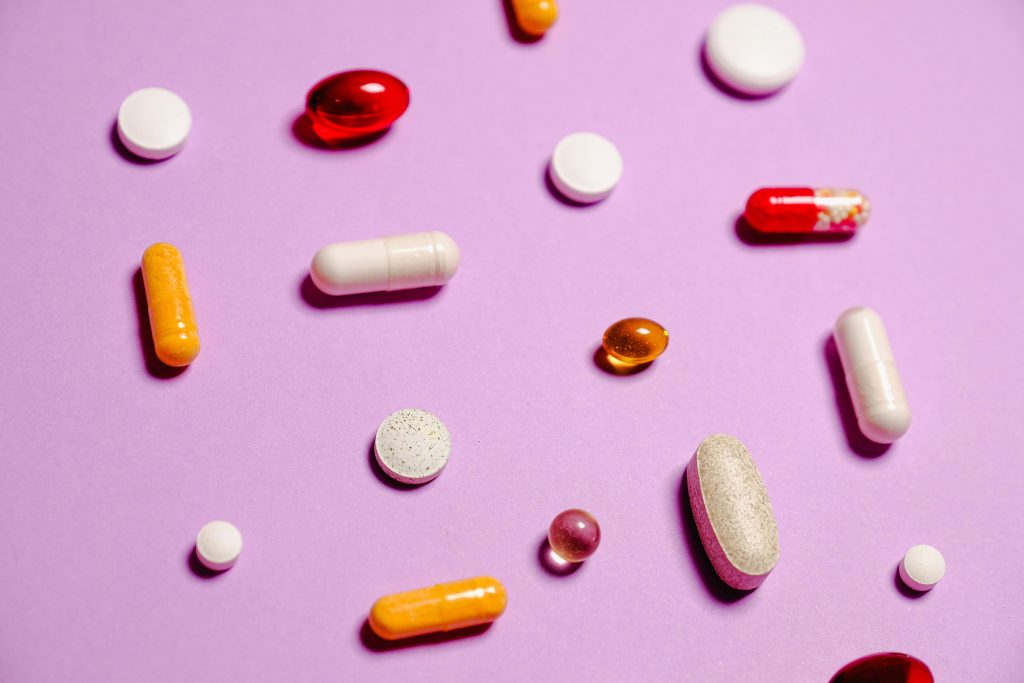Addiction changes your brain, but you have the power to change it back. Breaking free isn’t just a battle of will—it’s a transformation of your mind. It’s about crafting fresh habits and nurturing your brain’s healing powers. Could psilocybin, the magic mushroom’s secret, unlock lasting recovery? Let’s dive into how science is revealing paths while overcoming addiction and boost brain health.
How Addiction Rewires Your Brain
Ever wonder why addiction feels so hard to beat? Substances like alcohol, nicotine, and drugs hijack your brain’s reward system, making you crave them more and more. Over time, this switch in your brain makes it tough to think clearly, regulate emotions, and resist substance abuse.
But here’s the good news: your brain has neuroplasticity—the ability to rewire itself. Research shows that psilocybin therapy can speed up this process. Psilocybin can help people break free from harmful patterns and build healthier habits.
The Science Behind Magic Mushrooms and Brain Health
Recent studies suggest that psilocybin helps reset brain circuits affected by addiction. Research from Johns Hopkins University found that a single guided psilocybin session led to long-term reductions in substance dependence. Other research shows that psilocybin promotes neuroplasticity. Helping the brain form new, healthier connections and and ultimately overcoming addiction.
Psilocybin works by activating serotonin receptors, which influence mood, cognition, and emotional regulation. This can lead to deep personal insights, emotional breakthroughs, and a greater sense of control over addictive behaviors.
Building a Brain-Healthy Lifestyle
Psilocybin therapy can be a powerful tool, but it works best when combined with everyday habits that support brain health. Here are a few key steps you can take:
1. Fuel Your Brain with Nutrition
What you eat impacts how you feel. A diet rich in Omega-3s, antioxidants, and vitamins can repair and protect brain cells. Try adding salmon, walnuts, leafy greens, and blueberries to your meals.
2. Move Your Body, Strengthen Your Mind
Exercise increases blood flow to the brain, releases feel-good chemicals, and reduces stress. Even a short daily walk can improve your mental clarity and help you manage cravings.
3. Practice Mindfulness and Meditation
Cravings often happen when your mind is stuck in old thought patterns. Mindfulness and meditation help you stay present, reduce stress, and strengthen self-control. Just a few minutes a day can make a big difference.
4. Focus on Quality Sleep
Your brain repairs itself while you sleep. Poor rest can weaken your willpower and make cravings harder to resist. Try sticking to a bedtime routine, avoiding screens before bed, and getting 7-9 hours of sleep each night.
Taking the First Step
Recovery is possible. Your brain has the power to heal, and you have the strength to change. Psilocybin therapy, combined with healthy habits, could be the key to lasting recovery and a sharper mind. Are you ready to take that first step?
External Sources:
- Frontiers in Psychiatry https://www.frontiersin.org/journals/psychiatry/articles/10.3389/fpsyt.2023.1134454/full
- Johns Hopkins Medicine https://www.hopkinsmedicine.org/psychiatry/research/psychedelics-research
- JAMA Network https://jamanetwork.com/journals/jamapsychiatry/fullarticle/2795625
